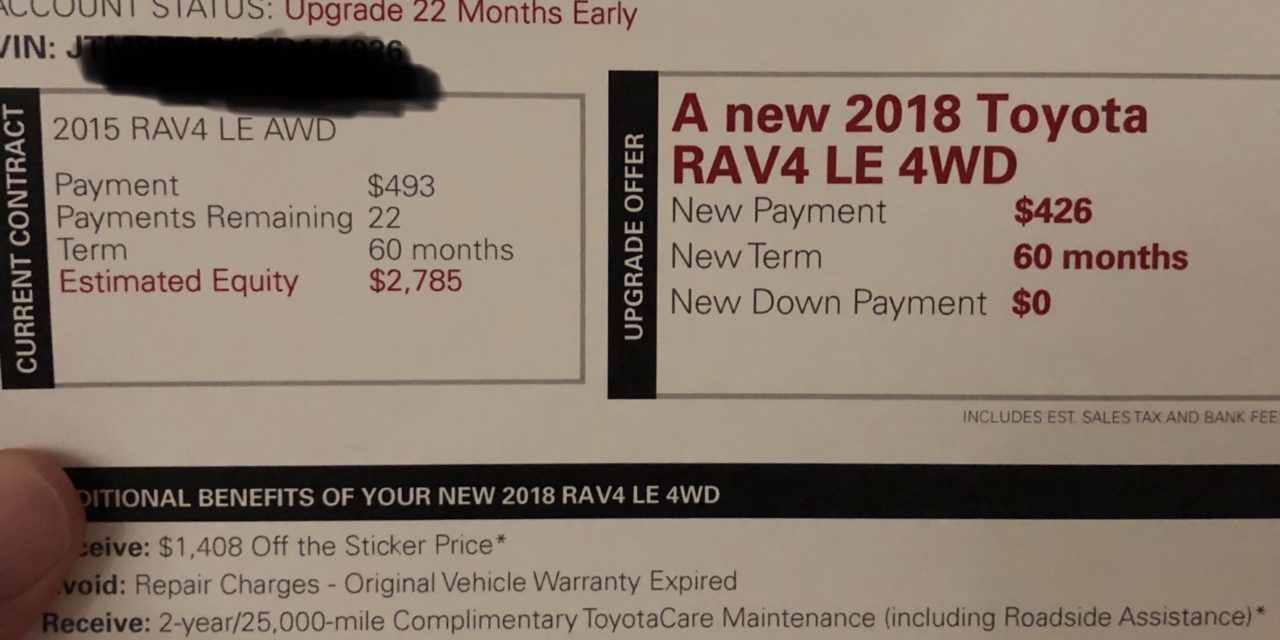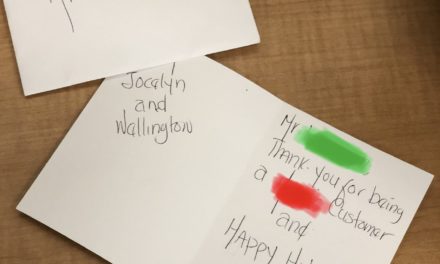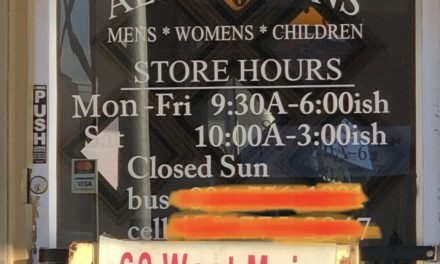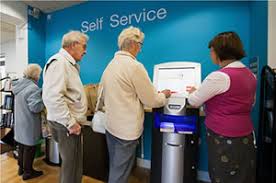We have all received the offer in the mail, email or online that we read and get a little excited. We logic through the excitement and come to the conclusion that it might not be too good to be true. So we click, text or go into the store and state our interest in the deal. Then the fine print, hidden exclusion, specialty add-ons, and so on. The range of emotions start; mad at them, mad at yourself for getting sucked in, mad about the waste of time, etc.
Let me share with you an experiment I did with my last experience like this, why I did what I did and then share some reminders to help us not put our customers in these type of emotional tailspins and drive them away.
Setup:
A car dealership that I love dearly and that I will remain a customer with thinks my current car could use an upgrade. On the mailed invitation to upgrade they demonstrate they know my car and my financing situation by sharing the VIN, monthly payment, interest rate and months remaining on the loan.
Why the experiment? I wanted to see if:
- I could leverage their invitation more to my advantage to make the trade-in experience better than it had ever been in the past
- they would use my customer information to my full benefit or just to theirs
- they would acknowledge feedback I had to offer, but was given in response to the invitation and not a traditional feedback forum
- they would have my best interest in mind, based on a life change situation I would share
- it’s still as much fun to do these experiments as it always has been (spoiler alert, it was!)
Let the fun begin, and remember I love these folks and will continue to be a customer:
I took a picture of the invitation/offer and sent this email to the person noted on the offer at 11:50 pm on Sunday night.
Mr. [salesman],
Thank you for the offer in the mail of the rav4 trade-in. We have loved our buying and service experience at [the dealership] and this would be our fourth purchase with you.
I’ve recently started a new job, so the option of continued 0% financing and a lower monthly payment is very interesting.
While we have loved our purchase experiences, they have all taken entirely too much time to close and finish.
Your time is very valuable and my time spent busily transitioning to new work so I’d like to get as many commitments in advance to save us both time. A few things to note, 1) you have all the service records on my current rav4 and [service reps name] has been my wonderful service rep, so I think you should know exactly what my car is worth 2) last I checked I had a XXX credit score, so you know you’ll get your money 3) I’d need the exact conditions of the offer received in the mail PLUS leather seats, seat warmers, remote start, 5 yr 75k Toyota Care and rubber floor mats 4) I’d prefer silver exterior but I’m flexible.
If these are all items you can commit to upfront, I think we can move quickly. If not, I understand and I won’t waste any more of your time.
Cheers,
Danny
Monday at 3:00 pm I received a phone call from the salesman. I’ll just bullet the conversation to save a little time.
- Thanked me for the email
- Said he’d need my mileage to assess my cars trade-in value
- Let me know at my cars value and with all the extras I was asking for my payment would only be $15 more a month
- I re-stated my interest of having a payment close to the noted payment on the invitation while receiving some of the extras; but, made the concession I’d accept a payment slightly higher than the one offered with the extras
- He recommended removing the extras and getting to my noted concession payment
- I declined, after other respectful back and forth we ended the call peacefully
Before I get into my conclusions, what are you thinking and feeling about the situation? Was I ever fully listened to? Did the offer set the salesman and I up for the best working relationship? Was I a jerk?
I feel like these situations happen all time, and it’s important those of us making offers to customers keep a few things in mind so those offers don’t push them away.
- It’s a two-way street. We need to make offers from the position of invitations and not from a position of take-it or leave-it. Not saying that’s what this was, but it reminds me that this needs to be our intent with offers.
- Don’t use the customer’s info only to your benefit. You have to use it for the good of them also, and probably more often than you use it for you. Him asking me for my mileage and condition of my tires after he had given me my VIN and financing info on the mailer and I had given him my service reps name, whose desk is less than 200 feet from his office, was a missed opportunity to help himself and wow me. What if on the call he had said, “I know you want to save some time, so I went to the liberty of checking with your service rep. She said you’ve taken great care of the car and always have it in on-time for its services and even had new tires on it in May. Great job, that will help you with the trade-in! She did mention you need to travel a lot, and love to go on those golf trips, so your mileage at last service was XX
,XXX which is a little high for your year of car. That might hurt things a bit.”? - Always acknowledge feedback a customer is giving you. Anybody willing to give you any feedback is on your side. Take it and thank them for it. You might not always be able to fix what they are giving feedback about, but you can always thank them. Especially listen up when they give you feedback you didn’t ask them to give you. Listening to customers professionally for many years now I value all feedback, but I place a premium on unsolicited feedback. When they give you feedback that you ask for they may be hoping something is in it for them, even if it’s just good karma or to get something off of their chest. When they give you feedback that you didn’t ask for they might as well be Anna Scott (Julia Roberts character) from Notting Hill saying, “I’m also just a girl…standing in front of a boy…asking him to love her”. Truly their only motive in these situations is wanting you to succeed. You mean something to them, they want you around to be a part of their life in a positive way and provide a service to them for the foreseeable future. It is the greatest gift they can give you.
- Don’t miss an opportunity to connect personally. It was no small thing for me to share that I had changed jobs. Nor is it a small thing when a customer shares with you what is going on in their life, like a job change, a birth, a death, a wedding or a hole-in-one. These are small openings of the door that they are willing to let you into their lives. For this example, if my job change was a promotion don’t miss the opportunity to celebrate with me and if it was a job loss take a minute and empathize.
- Listen and let them know you listened and are still listening. It doesn’t take very much time, but it does take some time to be an active listener and restate what the customer is saying to ensure they know you are listening. It pays huge dividends. I don’t know what the average folks are doing with car purchasing, but I thought that look to make my 4th purchase in about 7 years might make me an above average repeat customer for this dealership and hence pretty valuable and important to them. But maybe not, I don’t know, and I might never know because that is one part of several things I shared that didn’t get acknowledged and as such I might take my lack of feeling valued somewhere else. Not out of hurt feelings as much as
possibly just a feeling of lack of connection, alignment, understandingand expectation.
While this experiment was mostly just that an experiment where there were some very positive interactions, there are some valuable reminders in this for us in working with customers.
Ok, gotta go talk to a guy about a car and see if it does really need to be upgraded; I think I’ll get an orange one!







What is being talked about…